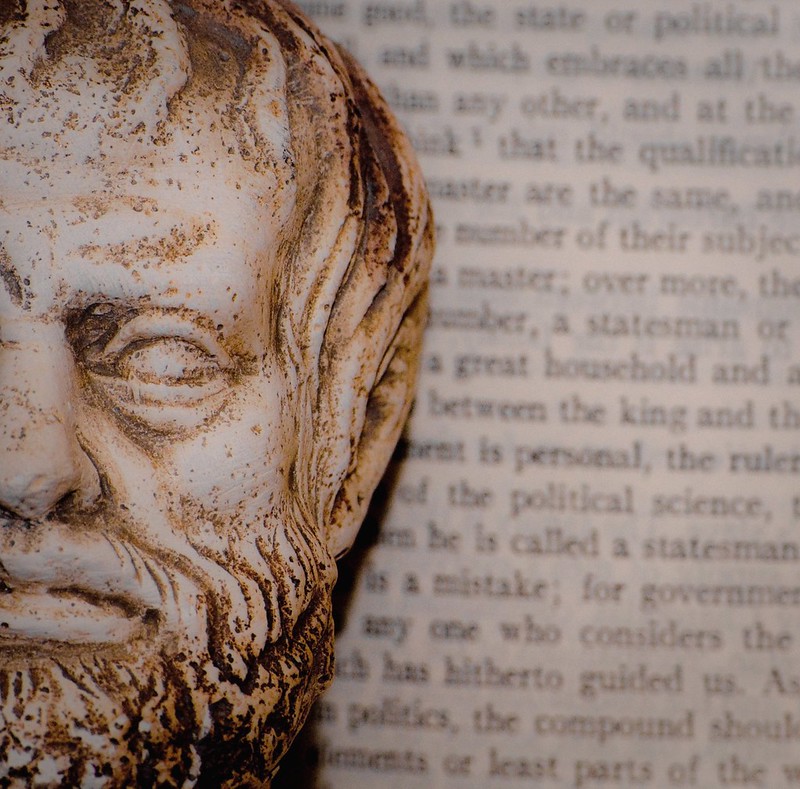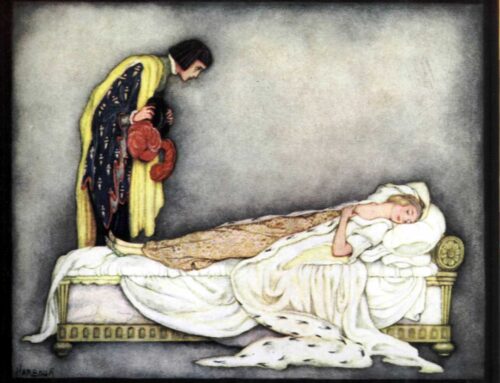Author: J. Hollendonner
Editors: C. Kays, S. Woien
5 minute read…
“Happiness does not lack anything, for it is self-sufficient” -Aristotle
We are all familiar with the adage “Life, Liberty and the Pursuit of Happiness.”. What if we could figure out the true purpose of life or simply find out what would truly make us happy? I’m sure most of us have a fairly decent idea of what would make us happy at this moment. The problem with a moment of happiness is that it won’t last, so what most of us truly seek is lasting happiness. We seek sustainable and impactful happiness that can carry us through life or at least make the hard days worth it. Because we all have hard days. Even the Ancient Greeks struggled with the same trials and tribulations of the human experience 2,000 years ago. It might seem hard to believe but they were just as concerned with figuring out the best state of being. They sought answers to this question like any other person. Hoping for some sort of answer or path they could embark on in order to find peace and happiness. However, to the Greeks, this concept was aptly dubbed Eudaimonia.
What it Means to Flourish
Now, some of you may have heard this term in passing or in a philosophy class during undergraduate. What does the term actually mean? Well, to most it translated to something like “human flourishing.”. In essence, they wanted to encompass the full scale of human happiness, not simply those fleeting moments which make us smile, but those that light a fire in our belly and sustain us through difficult times. While most Ancient philosophers differed in their approach to how one might attain eudaimonia, from pursuing virtue, to seeking pleasure and avoiding pain, to living simply and honorably, to not letting the little things bother you, or knowing what we can and cannot control, they almost always agreed that it was something worth attaining. More often than not, it was the only thing worth living for. It gave them purpose. After all, what else are we doing here if not to seek and achieve happiness?

We might want to define eudaimonia differently than the Ancients. Over time the idea of happiness has certainly changed. Currently, I am sitting in Sin City as I write this and have to wonder if there might be loads of people here who believe that gambling and clubbing can bring them ultimate and lasting joy. Perhaps it can! Who am I to suggest I know what can make someone else happy? Perhaps they are descendants of the ancient hedonists–though even they advocated for some moderation and discretion in their choices. I’m not sure Las Vegas offers much in terms of moderation. Perhaps it is the street performers who spend their life doing what they love. At least, I would have to assume most of them love what they do, especially the up-and-coming singers or retired exotic dancers making a statement. For if they didn’t love what they do, would they dedicate their life to sharing with the world what they are best at in such a vulnerable way? Part of me wishes to believe this is happiness at its finest. Again, who am I to say whether it brings them peace at night and lasting ownership of joy?
“You can, in fact, overcome some of the most horrendous circumstances and emerge on the other side, not broken, but with the eagerness to spread goodness and compassion in the world” – Desmond Tutu
Sharing Your Happiness
In fact, they might very well be onto something. What is joy if not something to share with others? This could be a great way to attain eudaimonia. More modern philosophers believe that it is imperative that we share our joy with others, and that the simple act of sharing a kind smile or a laugh with a friend who is having a hard day, or simply a moment with someone you barely know, could make all the difference. Perhaps sharing happiness with others is really the trick to eudaimonia. Spreading joy really does sound like a great way to spend life. We are social beings after all and I would argue that laughter at least, if not happiness in general, is certainly contagious.
So, at the end of the day, there might be many paths to pursuing eudaimonia. Maybe we wish to be virtuous in our endeavor and be kind, courageous, wise, and just. These are admirable qualities and more than likely to sustain that sense of purpose we seek. The bottom line is that, today, it seems this universal idea of happiness is still under debate. We will likely always wish to posit that our road to happiness is the ultimate path. Yet, we still each hold onto the idea that what will bring us happiness belongs solely to us. We get to decide.
However we choose, I hope that each of us finds what we seek. Whether it be through pursuing our passions (not the Greek kind), spending time with family, mastering any one of the five love languages, or spending every weekend we have in Vegas. At the end of the day, only we can truly decide what will bring us everlasting and endurable joy.
For Today: Seek joy in everything you do, from your commute to work to washing the dishes and maybe the path to eudaimonia will become clearer to you. And once you find it, share it with others.
Photo Credits (From Top to Bottom): “Aristotle” by Chris Bertram, “Road” by Murat Livaneli







Leave A Comment